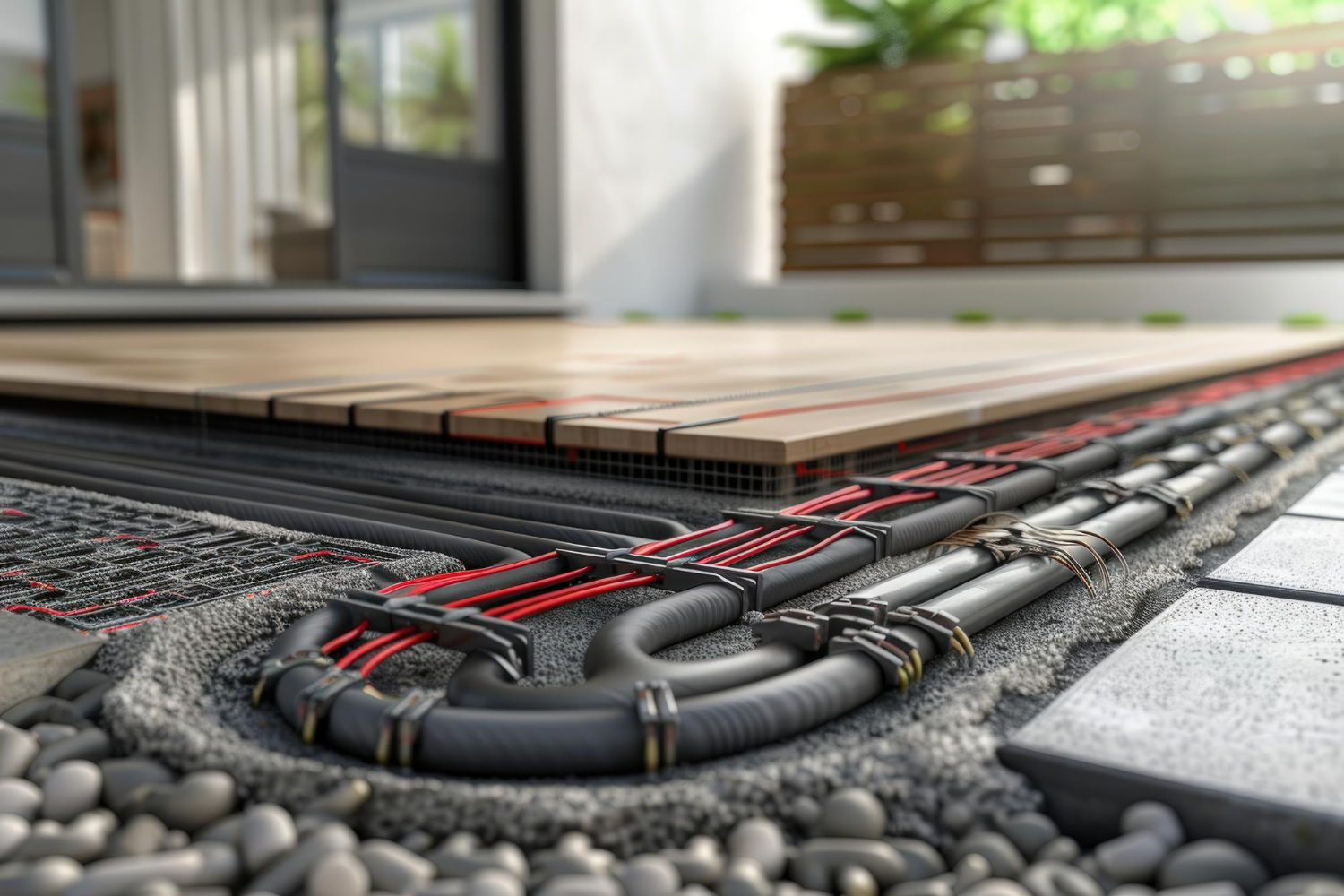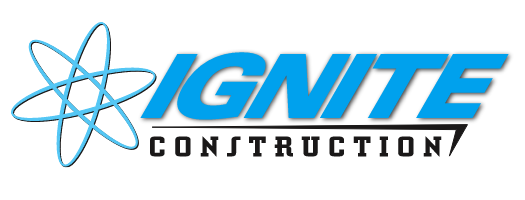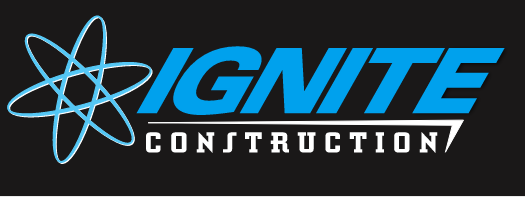
Heated Driveway Costs & Installation
Table of Contents
Heated Driveway Richmond & Burnaby: Overview
Heated driveway systems are increasingly popular among homeowners in Richmond and Burnaby looking for winter safety and convenience. Installing a heated driveway means no more shoveling snow or worrying about ice accumulation on cold winter mornings. It’s an investment that improves both comfort and property value, while also making the driveway safer for families and guests. Ignite Construction brings expertise in heated driveway installation, guiding clients through every step from system selection to project completion with a focus on affordable, reliable solutions built for British Columbia’s climate.
Why Invest in Heated Driveways?
A heated driveway offers more than just relief from snow removal. By melting ice instantly, it significantly improves safety, reducing risks of slips, falls, and overexertion—especially valuable for elderly residents and families with children. This upgrade also protects your driveway surface from salt damage and frequent freeze-thaw cycles, extending its lifespan and reducing repair costs. Finally, heated driveways add real value to your property, making it more attractive to buyers seeking modern, low-maintenance amenities in Richmond and Burnaby.
Heated Driveway Costs in Richmond & Burnaby
The installation cost of a heated driveway varies based on driveway size, system type, and labor. In the Richmond and Burnaby area, you can expect typical installation costs ranging from $12 to $25 per square foot, with total project ranges for a 500-square-foot driveway between $6,000 and $17,000 for both materials and labor. Ignite Construction’s heated driveway installation solutions offer quotes tailored to each home, considering whether electric or hydronic systems best suit your needs. Removal of an old driveway, system automation features, and site-specific challenges may add to total cost.
Monthly operating costs depend on usage, with electric systems generally costing about $120 to $200 per month during peak winter and hydronic systems offering lower running costs for larger driveways. External cost guide
Types of Heated Driveway Systems
There are two main types of heated driveway systems: electric and hydronic. Electric systems use heating cables installed under the driveway surface, providing fast, even heat with straightforward controls. Hydronic systems circulate heated water or glycol through buried tubes, making them highly efficient for larger or commercial driveways and delivering consistent warmth across the entire area. Ignite Construction can help determine which system fits your budget and performance needs best.
For smaller residential projects, electric systems are a popular choice, thanks to lower installation complexity. Hydronic systems benefit those seeking economy in larger driveways and can often be integrated with existing boiler setups.
Energy Consumption & Operating Costs
Energy usage averages 50-80 watts per square foot for electric heated driveways, which for a typical BC home results in about $150-$300 additional monthly charges when used frequently.
Hydronic systems powered by natural gas or high-efficiency boilers typically run at much lower operating costs. Smart controls and sensors automatically activate the heating system only when snow or ice is detected, ensuring maximum energy savings and minimal wastage. Ignite Construction provides guidance on optimizing scheduling and controls to minimize operational costs in both Richmond and Burnaby.
Installation Process & Timeframes
The installation process includes removing the old driveway surface, laying down either heating cables or hydronic tubing, and resurfacing the driveway. Complex projects may take one to two weeks, particularly if extensive excavation or electrical work is required. Ignite Construction’s excavation services and driveway installation expertise ensure a seamless process, handling all necessary trades and permitting.
Retrofits can sometimes be completed with minimal disruption if the existing surface is in good shape. New construction projects allow homeowners to design the perfect heated driveway from scratch.
Maintenance & Longevity
Heated driveways require little maintenance once installed. Annual checks of system sensors, junction boxes, and controllers are recommended, with occasional inspections of driveway surface for cracking. If a repair is needed, electric systems are easier to access, while hydronic systems may need part of the surface removed for servicing. Maintenance solutions from Ignite Construction ensure long-term reliability across Richmond and Burnaby homes.
Proper installation and regular inspections contribute to a system lifespan of 20 years or more. Most issues are preventable with prompt attention and professional care.
Pros & Cons of Heated Driveways
Pros: Heated driveways eliminate the need for snow removal, enhance safety, protect surfaces from salt damage, increase property value, and dramatically improve winter convenience. They also reduce physical strain for homeowners and lower long-term maintenance compared to manual snow clearing.
Cons: The primary drawback is the upfront installation cost, which includes both the heating system and necessary resurfacing. Repairs can be complex, particularly for hydronic systems. Operating costs must be weighed against savings in maintenance and increased property value. Complementary services like roofing or snow-melt systems can further enhance winter upgrades.
Related Services for Your Winter Upgrade
Heated driveway installations pair well with other home improvements. Ignite Construction offers driveway paving and installation, excavation services, roofing repairs, and window replacements to complete your winter-ready home. Clients in Richmond and Burnaby can take advantage of bundled services for seamless, cost-effective upgrades across all aspects of property maintenance and enhancement.
Learn more about the latest residential innovations or browse Ignite Construction’s full service menu for additional renovation options.
For seasonal tips and installation products, visit The Home Depot Canada.


